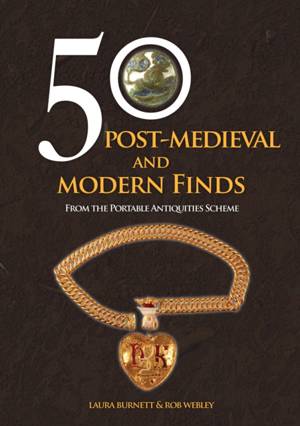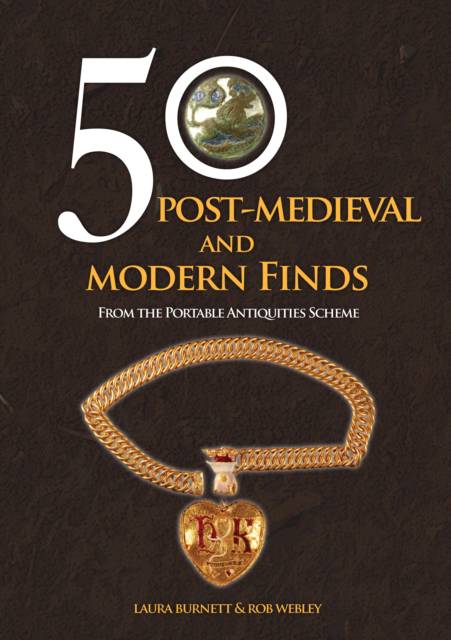
- Afhalen na 1 uur in een winkel met voorraad
- Gratis thuislevering in België vanaf € 30
- Ruim aanbod met 7 miljoen producten
- Afhalen na 1 uur in een winkel met voorraad
- Gratis thuislevering in België vanaf € 30
- Ruim aanbod met 7 miljoen producten
Zoeken
€ 22,45
+ 44 punten
Omschrijving
The period between 1500 and the present day has directly formed the world we live in. Growing population, increased urbanisation, industrialisation, and ever quickening pace of movement and technological change have radically reshaped society, global connections and individuals' horizons. It is the time from which we have the most written records, pictures, and, later, photos and videos. Archaeology's contribution to understanding this period might therefore be less obvious, but it has great potential to connect us to people's lived experience. Artefacts provide important evidence where records may not exist, such as private beliefs, social lives and informal dress. They bear witness to those less likely to appear in historical records, such as the poor and children. Objects also provide a tangible link to events. In doing so they confront us with their reality and the experience of the individual humans who lived through this most formative of periods.
Specificaties
Betrokkenen
- Auteur(s):
- Uitgeverij:
Inhoud
- Aantal bladzijden:
- 96
- Taal:
- Engels
- Reeks:
Eigenschappen
- Productcode (EAN):
- 9781398114678
- Verschijningsdatum:
- 15/01/2024
- Uitvoering:
- Paperback
- Formaat:
- Trade paperback (VS)
- Afmetingen:
- 165 mm x 234 mm
- Gewicht:
- 304 g

Alleen bij Standaard Boekhandel
+ 44 punten op je klantenkaart van Standaard Boekhandel
Beoordelingen
We publiceren alleen reviews die voldoen aan de voorwaarden voor reviews. Bekijk onze voorwaarden voor reviews.











